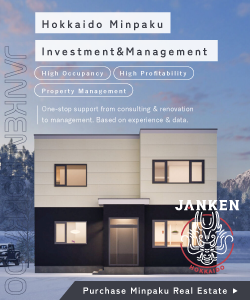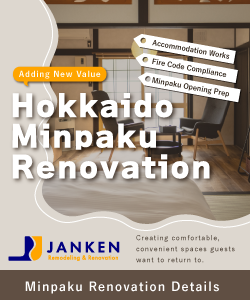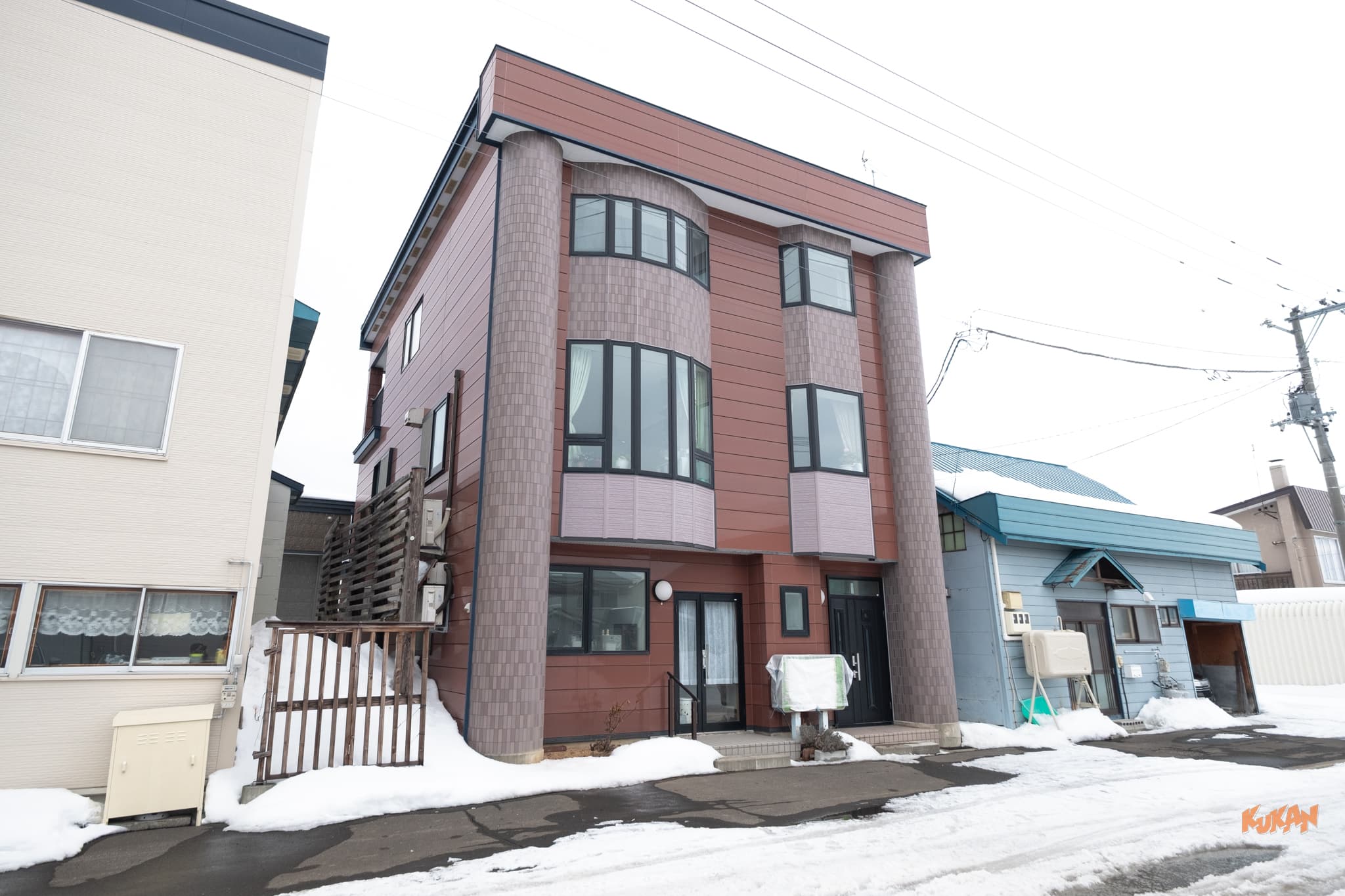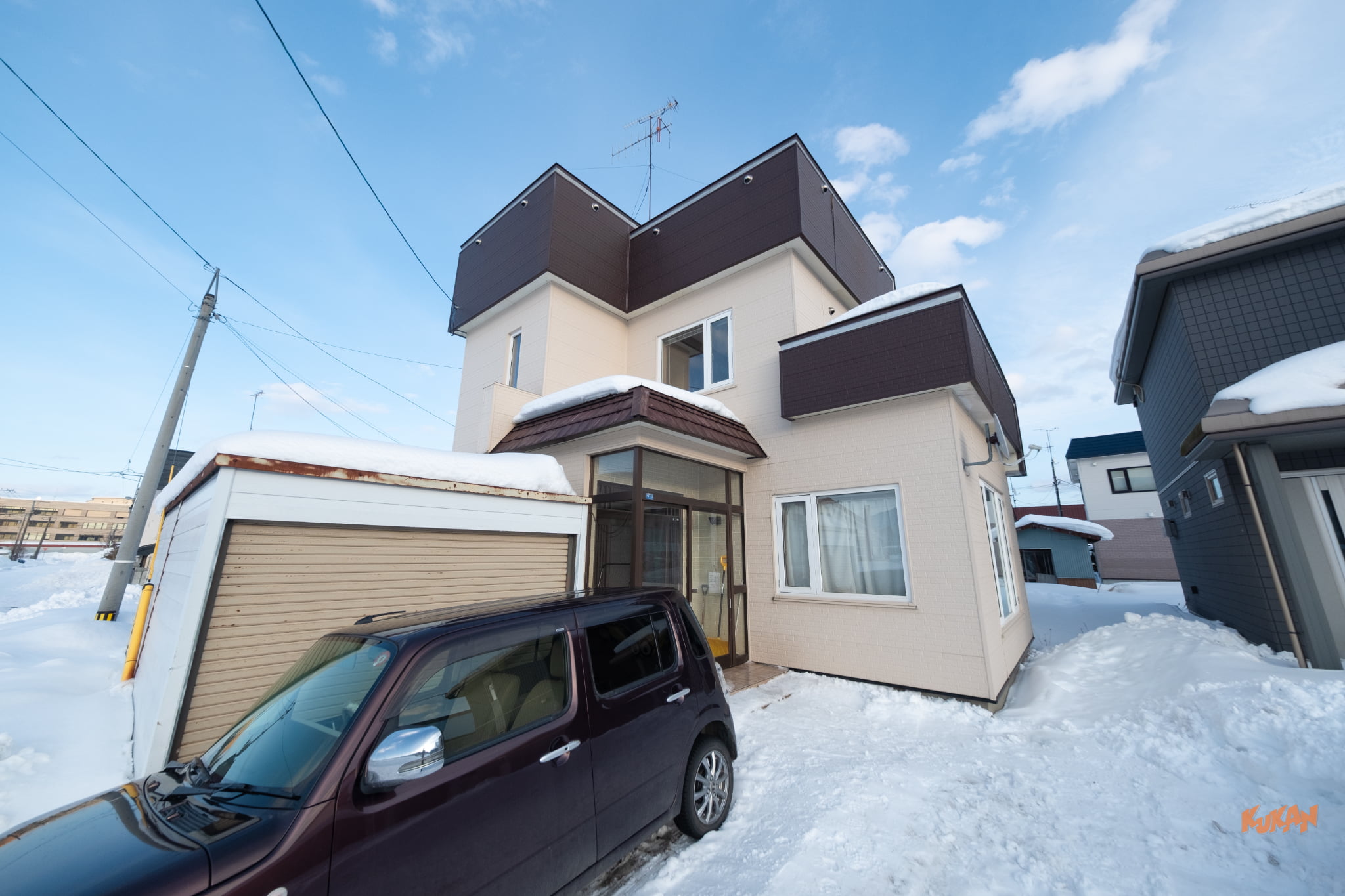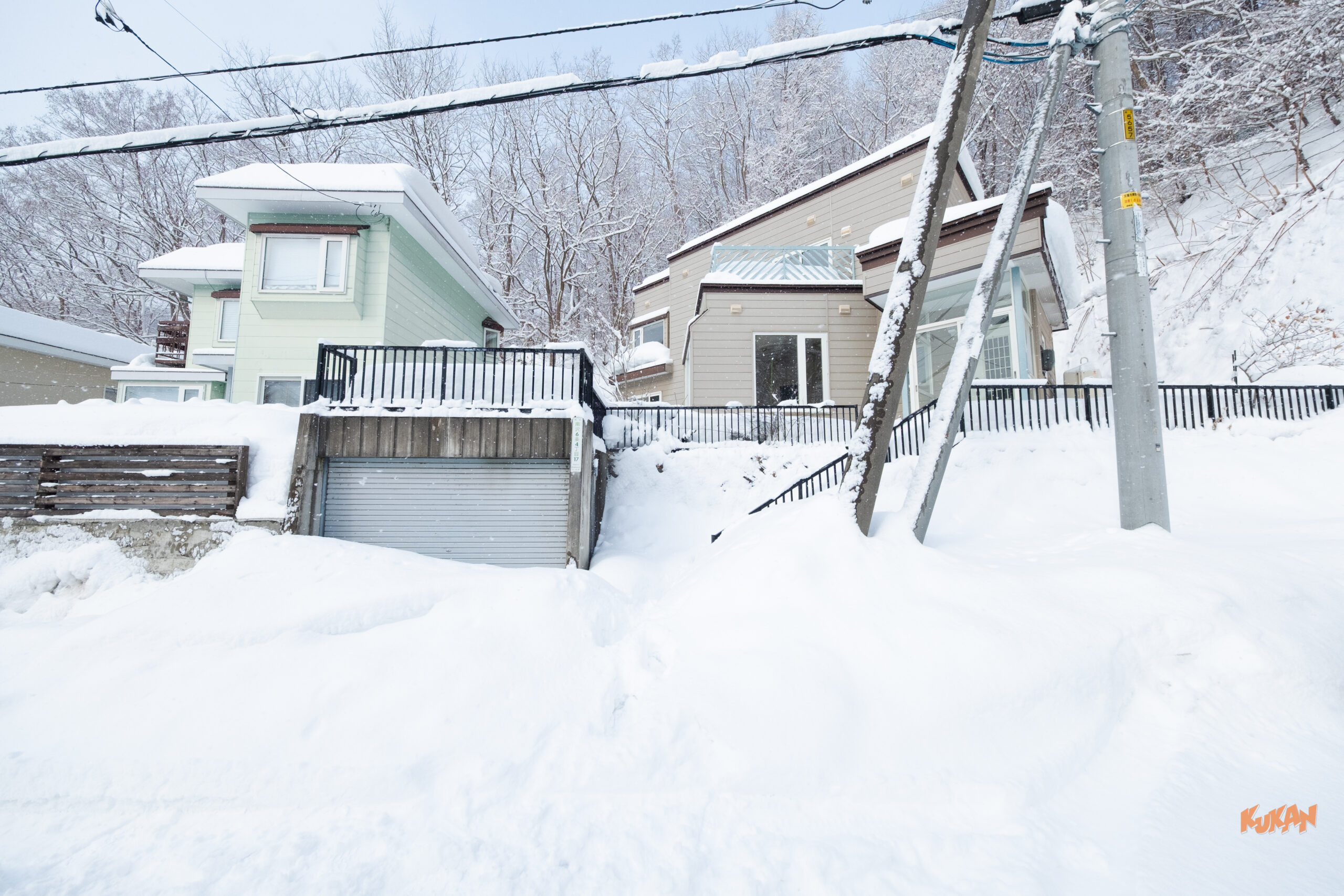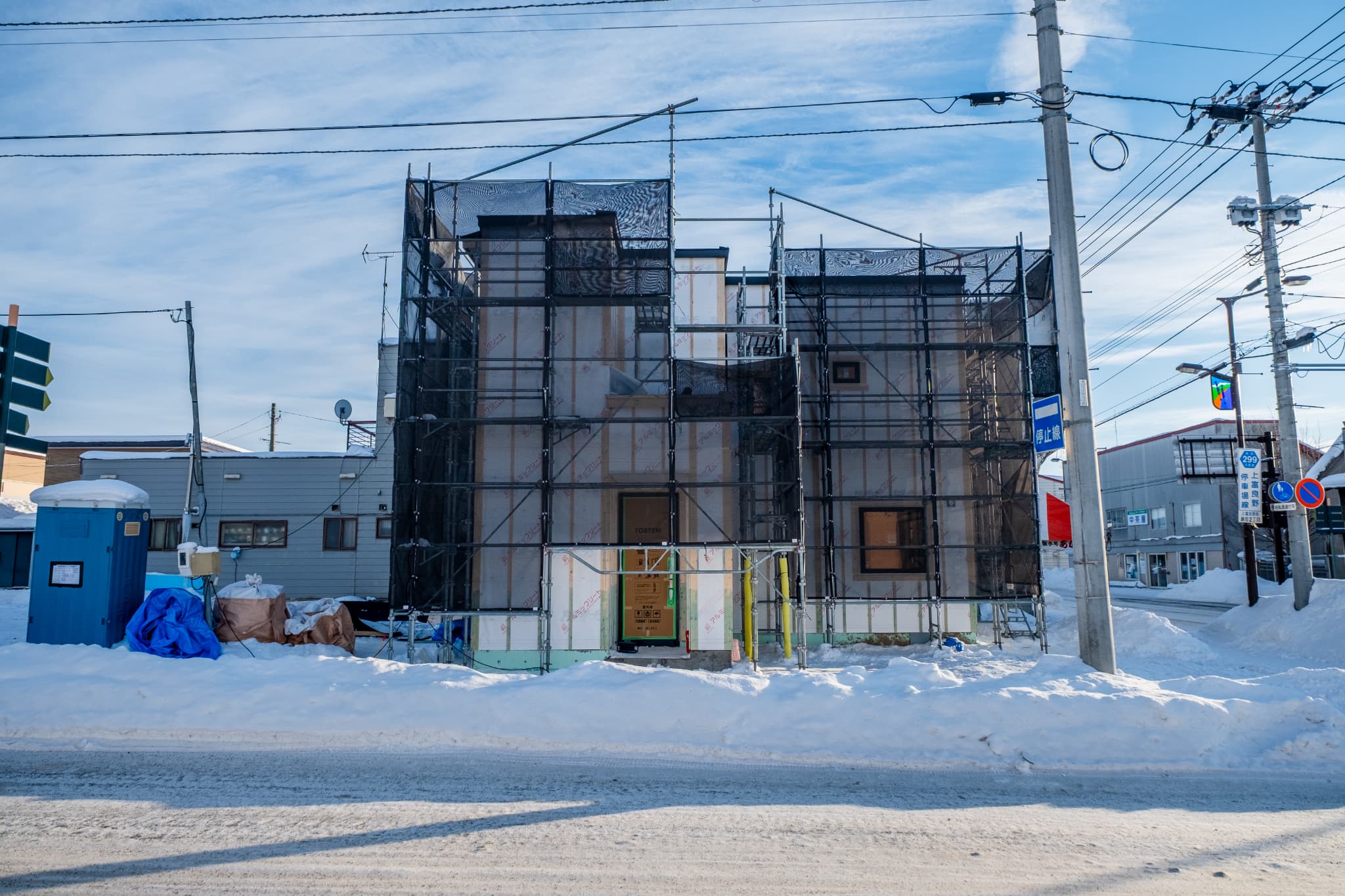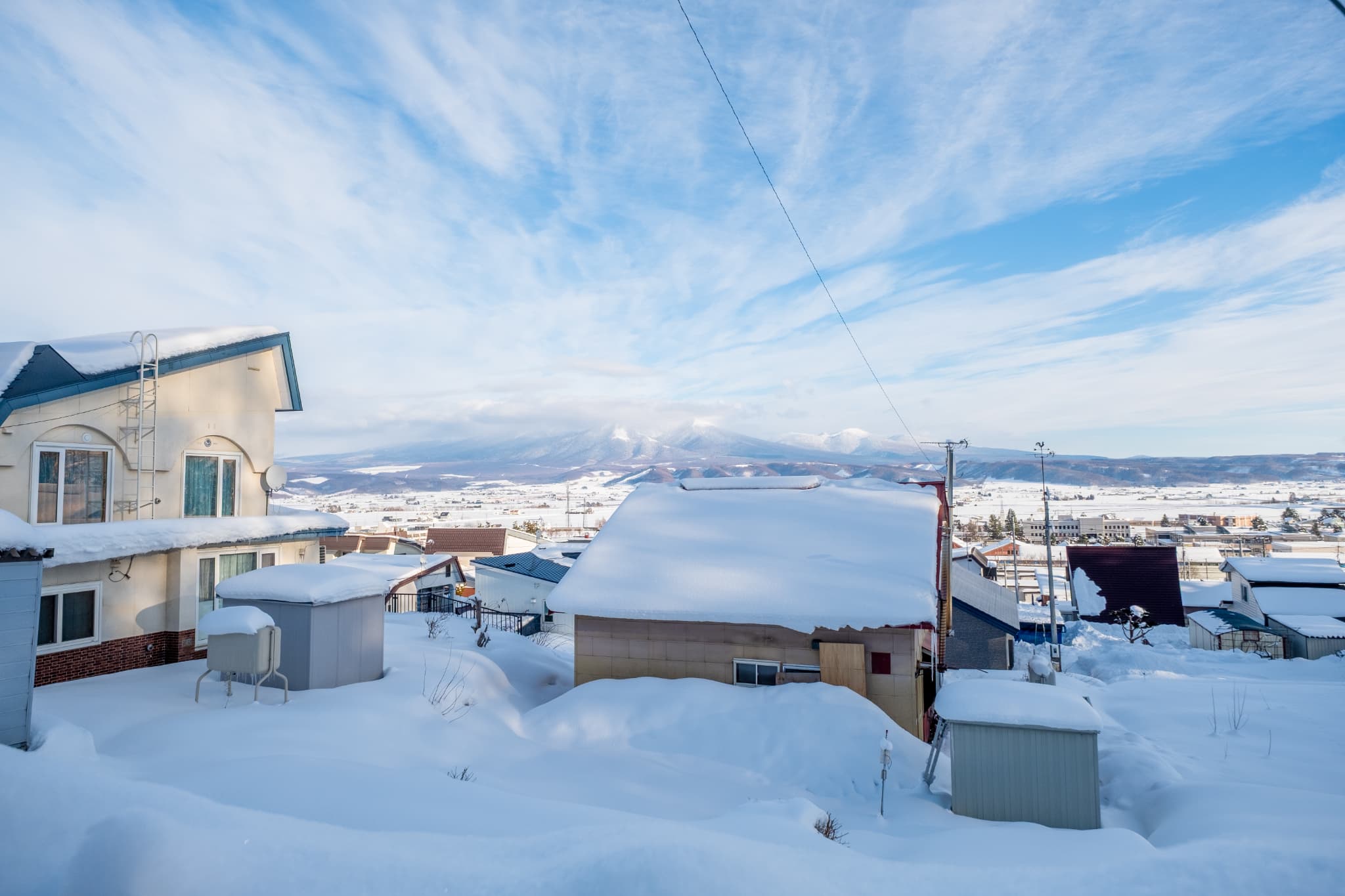Is Vacation Rental Investment in Japan Profitable? A Complete Guide to Costs, Revenue, and Risks
2025.09.15
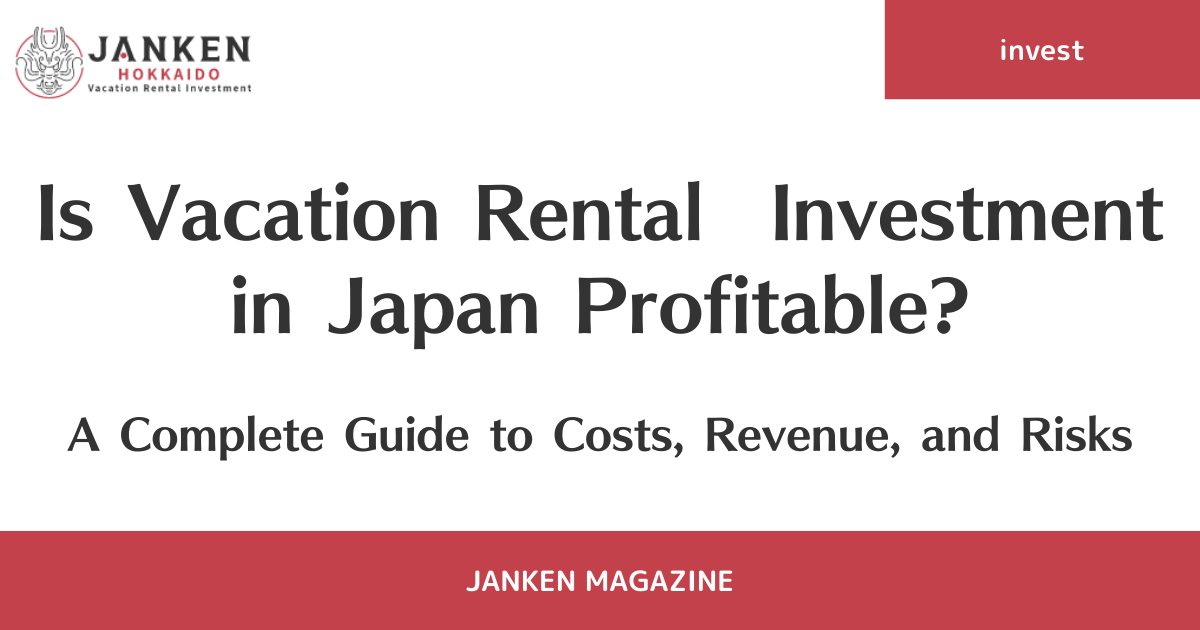
With Japan’s growing inbound tourism and a rising interest in Hokkaido properties, vacation rental investment—especially in areas like Niseko and Furano—is attracting global attention. But is it truly profitable?
Contents
Profitability Depends on Location, Property Type, and Pricing
Whether your vacation rental business succeeds largely depends on:
・The location (e.g., resort areas like Niseko attract international demand year-round),
・The property type (such as whole-house rentals, cottages, or pensions),
・And your pricing strategy (targeting families or luxury travelers with premium rates).
Compared to hotels, vacation rentals often require lower capital investment and less staffing, making them appealing for private investors. Outsourcing management (cleaning, check-in, customer service) also reduces operational stress.
Related articles
Unlocking Property Potential: Japan’s Vacation Rental Pros and Cos Revealed
Urban vs. Rural Rentals
Urban areas (e.g., Tokyo, Osaka) offer stable demand from tourists and business travelers, while rural regions offer lower land and acquisition costs. However, areas with low tourist traffic may struggle with occupancy and profitability.
Choosing the right region and positioning your property with unique value is key to long-term success.
Understanding Costs
You’ll need to consider:
・Initial costs: property purchase or lease, renovations, furnishing, and legal compliance (e.g., fire safety).
・Running costs: utilities, cleaning, linen service, maintenance, and management fees.
Without a cost-conscious approach, even good occupancy can lead to poor profit margins.
Related articles
Understanding Vacation Rental Expenses: Exploring Initial Investments and Operational Costs for Property Management
Revenue Models: Short-Term vs. Mid-Term Rentals
Most vacation rentals in Japan operate under either:
・Short-term stay: high nightly rates during peak season, but requires intense management.
・Mid- to long-term stay: weekly or monthly rentals are popular among business travelers and digital nomads, and help fill off-season gaps.
Blending both models can maximize annual occupancy under Japan’s legal stay limits (e.g., 180-day cap under the Minpaku law).
Legal Compliance is Crucial
To operate legally, you must register under one of the following:
・Minpaku Law (Private Lodging Business Law) – max 180 days/year
・Hotel Business Law – for full-time operations
・Special Deregulation Zones – available in specific municipalities
Understanding local regulations and obtaining the correct permits is essential to avoid penalties.
Common Risks in the Vacation Rental Business
・Regulatory limits: e.g., operating day caps and zoning restrictions
・Inconsistent cleaning/service quality: especially when outsourced
・Equipment failure and guest complaints
・High competition and poor differentiation
・Fluctuating demand due to seasons or external shocks (e.g., pandemics)
Mitigating these risks through solid planning, reliable partners, and flexible pricing strategies is critical.
Related articles
Mastering the Art of Starting a Vacation Rental Business: Key Points and Cautions Explained!
Tips for a Profitable Start
・Choose areas with strong tourist or business demand
・Opt for spacious properties (ideal for families or groups)
・Set competitive, seasonally adjusted pricing
・Consider outsourcing to professional management companies
・Highlight unique features to stand out on platforms like Airbnb
Related articles
Locating Vacation Rental Investment Properties in Japan: Can Rentals Be Approved for Vacation Rental Permits?
Conclusion
Vacation rental investment in Japan can be highly profitable—but only with careful planning, cost control, and region-specific strategy.
For investors considering Hokkaido properties, especially in Niseko or Furano, partnering with local experts can be the smartest move.

Want to explore profitable opportunities in Hokkaido’s resort areas?
Consult with JANKEN—your trusted local partner in vacation rental investment.







